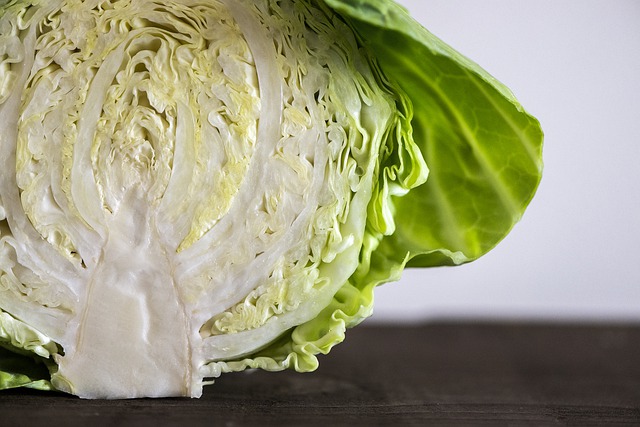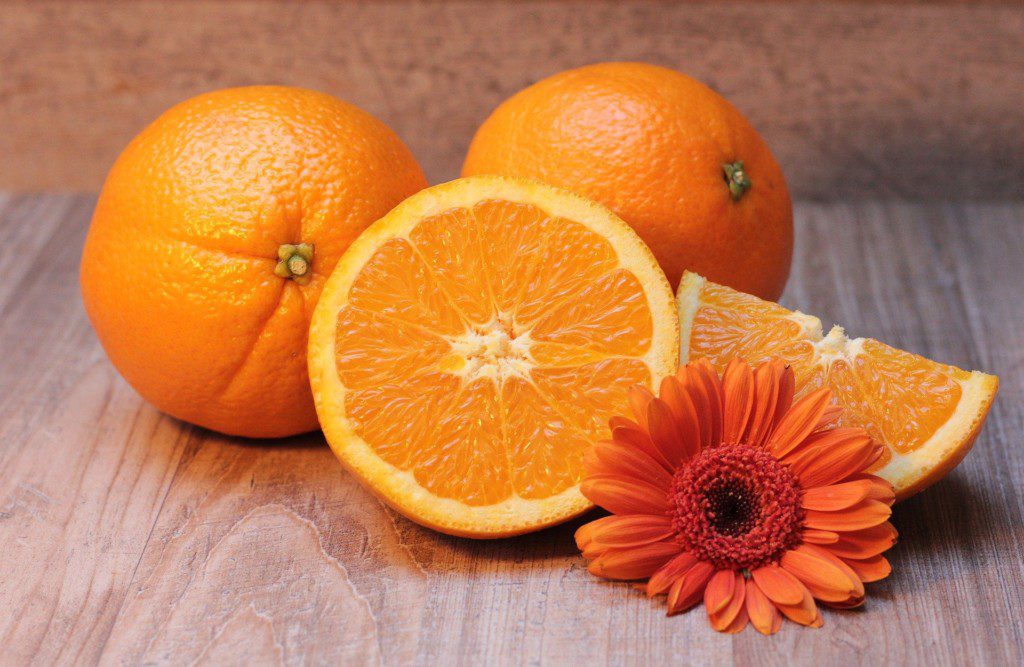We are prone to fall ill more in winters than in other seasons. The cold winds can make people, especially kids, quite unwell. Cold and flu are common ailments during the winters. This is why it is very important to eat the right foods during this season to build your immunity and keep your healthy enough to fight against the disease-causing germs and toxins.
Table of Contents
Here are some interesting options for fruits and vegetables that you can consume during the winter so that you can stay healthy throughout the winter season.
1. Onions
That wasn’t a tough one, was it? Onions are great for all seasons, especially winters, because of their health benefits. You can use onions in any form in your dish to enjoy its benefits. It is low in calories but it is a rich source of Vitamin C and Fiber. While Vitamin C is responsible for boosting your immunity, fiber is responsible for improving the health of your gut.
Also Read: Benefits Of Low-Calorie Foods | Indian Low-Calorie Diet For Weight Loss
2. Cabbage
Cabbage is one of the simplest yet healthiest vegetables that you can eat during the winters to keep yourself healthy and free from health risks. It is a powerhouse of nutrients as it contains essential nutrients such as Vitamins C & K and folate. The fibers and antioxidants that are found in plenty in cabbage help to relieve your body from all oxidative stress caused by the toxic free radicals.
Related Reading:
Mishry Reviews: The Best Chopping Board For Your Kitchen

3. Beets
Beets are one of the nutrient-rich vegetables that you will ever find. They are good for boosting up your hemoglobin, thereby reducing your risk of anemia. Also, they are an exceptional source of betalains, an antioxidant that reduces your risk to cancer and other muscle/bone degenerative diseases. It is a good source of Vitamin C, which helps boost your immunity. It is also rich in Vitamin A, a substance important for the overall health of your eyes.
Vitamin B, potassium and folate are other nutrients that you can find in beets. It is highly recommended for people with diabetes because it helps to reduce your sweet cravings. Beets contain around 9 grams of natural sugar per serving; therefore, you will never feel the need to include any more sugar in any of your drinks or dishes, when you include beets regularly. If you don’t like to eat whole beets, make a juice from some beets and carrots. Drink this daily to stay healthy not only throughout the winters, but throughout the year as well.
4. Carrots
The list of best winter foods will be incomplete if we don’t include carrots! These beautiful, orange-colored vegetables are very simple in their looks, but they carry some phenomenal health benefits with them. They are filled with the antioxidant known as beta carotene, which converts to Vitamin A in the human body. This is necessary for the health of your eyes, immune system and other vital organs.
Some of the other powerful antioxidants found in carrots are lutein and cyanidin. Some studies have proved that these antioxidants can reduce your risk to certain types of cancers and make you less prone to cardiovascular diseases. Carrots are also rich in Vitamin C, which is a natural immunity-boosting ingredient. When cooked, carrots may lose their nutrients; therefore, it is advisable to eat them raw. Eat one raw carrot everyday and wade through the winters with good health.
Also Read: A To Z Of Antioxidant-Rich Food | Complete List Of Food Items To Fight Free-Radicals

5. Pomegranates
Water is considered the elixir of life because one cannot survive without water. If there had to be one fruit that had to be called an elixir, it has to be the pomegranate. This fruit is loaded with so many health benefits that it is imperative for you to eat pomegranates regularly. It is a must for all seasons. It is great for kids and adults. The small red seeds of this fruit are filled with anti-inflammatory and anti-bacterial properties, which make you less prone to all ailments.
It is one of the best foods to manage cardiac ailments such as irregularities in blood pressure. Pomegranate juice can prevent fats from accumulating in the arteries, thereby reducing your risk of blockage. It is packed with antioxidants that keep your body healthy and free from degenerative diseases. While it is highly recommended to eat whole fruits, there is no harm in drinking the juice as well. However, always drink fresh juice without adding any sugar or ice, for the best results.
6. Kale and other leafy greens
Kale is commonly available during the winters. Like spinach and other leafy greens, kale is loaded with antioxidants and other essential nutrients that promote your overall health. Adding one cup of kale in your daily diet gives you your daily recommended dosage of many essential vitamins and minerals. Kale is a rich source of plant compounds such as quercetin and kaempferol, which are known for their anti-inflammatory properties. Remember to eat one cup of leafy greens every day, during the winters, to stay healthy and strong.

7. Oranges and other citrus fruits
As we already told you, winters are the seasons when you are prone to cold and flu. The best way to reduce your risk to the common cold is to boost your immunity system. What better way to boost your immunity than consuming foods that are rich in Vitamin C? Oranges and other citrus fruits like lemon are rich sources of Vitamin C. They are also rich in flavonoids, which reduce your risk to certain types of cancers.

Oranges and other citrus fruits are not only good for boosting immunity but also for improving the health of your gut, eyes, skin and other vital organs. Therefore, you need to include some citrus fruits (oranges, grapefruit, clementine, etc.) in your meal every day during the winters.
Related Reading:
Conclusion
You are what you eat, regardless of the season. In winters, however, you need to be extra-careful, because there are lots of disease-causing germs in the chilly winds. These winter fruits and vegetables that we have recommended above can sustain extremely cold conditions as well. They are available in plenty during winters in all the parts of the globe. Since nature has blessed us with such healthy gifts to sustain the winters, isn’t it only natural that we make the most use of them?


